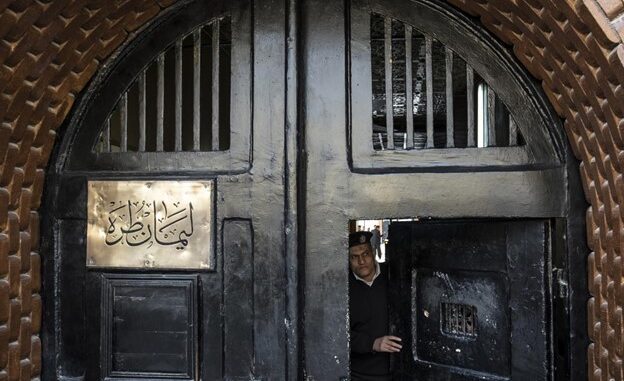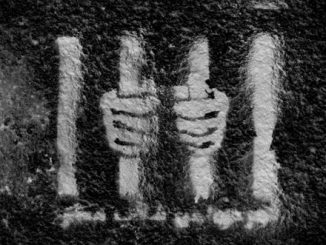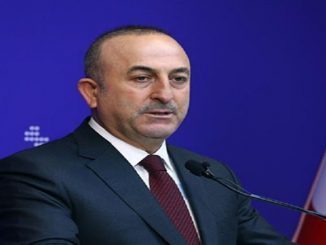
A human rights organization said yesterday that it was denied visit to the political prisoner Mohamed Ibrahim, known as “Oxygen” after his attempted suicide
The Arabic Network for Human Rights Information (ANHRI) on August 23 announced that prison authorities refused to let the organization’s lawyers meet with their client, Mohamed Ibrahim (Oxygen), despite holding a visitation permit from the Supreme State Security Prosecution.
Ibrahim has been held in detention since April 2018, with just a brief period of freedom in the summer of 2019 before authorities returned him to prison in a new fabricated case related to his blogging. Despite spending approximately 40 months behind bars, he has never been brought to trial, though he was questioned by investigators last week, which may indicate that a trial is upcoming.
ANHRI’s lawyers intended to check up on Ibrahim after he attempted suicide last month following harassment and ill-treatment by prison authorities. Yet when they went to Tora Maximum Security Prison 2, officials made them wait for four hours before turning them away without explanation. The officials also refused to return the visitation permit to the lawyers.
The lawyers then went to the Public Prosecutor’s office to file a complaint, but the office refused to receive it.
Gamal Eid, ANHRI’s executive director, said, “The misery that Egypt’s justice system suffers and the Ministry of the Interior’s trampling on the rule of law [are] no longer a secret to anyone. The Interior is no longer exerting any effort to try to justify its violations.”
ANHRI noted that Ibrahim’s “life is in danger as he is being held incommunicado and deprived of visitation and justice” and vowed to continue “exposing the infringement and violations practiced by the Ministry of the Interior alongside the Public Prosecution in light of the darkest periods of darkness that Egypt is currently experiencing.”
On August 23, the Egyptian Network for Human Rights (ENHR) reported on an outbreak of skin diseases in high security prisons, the latest example of horrid prison conditions in Egypt.
Prisoners at Al-Aqrab Prisons 1 and 2, also known as Scorpion Prison, are reportedly experiencing a significant increase in skin diseases such as scabies, psoriasis, and tinea due to unhygienic conditions, a lack of sunlight, and prison authorities’ deliberate neglect.
ENHR noted that the prison cells have only a tiny opening for food to be delivered and receive no sunlight or fresh air, describing the conditions as a “slow, premeditated murder.”
Some prisoners reportedly began a hunger strike on August 6 to demand better conditions, and ENHR has called on the Public Prosecution to take action to protect the prisoners.
This report, the horrifying medical neglect of Strong Egypt Party President Dr. Abdel Moneim Aboul-Fotouh, and countless other cases demonstrate that in addition to Egyptian authorities’ appalling record of executions, they also use the prison system to carry out a parallel policy of de facto death sentences.



